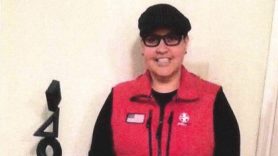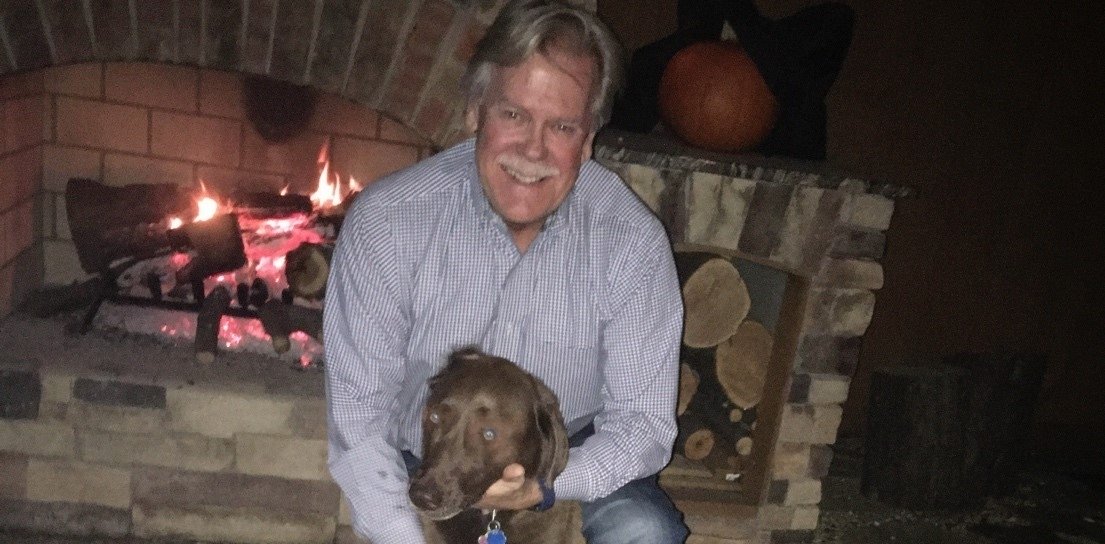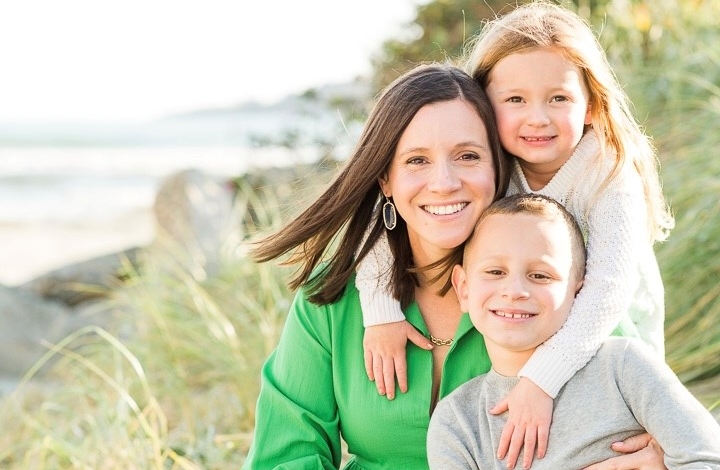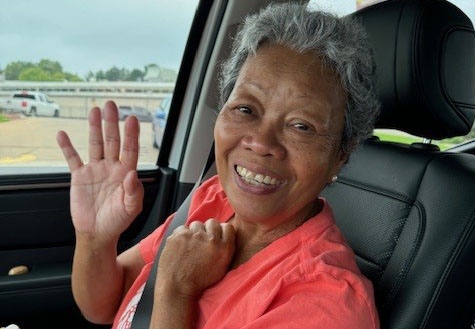- Diseases
- Acoustic Neuroma (16)
- Adrenal Gland Tumor (24)
- Anal Cancer (70)
- Anemia (2)
- Appendix Cancer (18)
- Bile Duct Cancer (26)
- Bladder Cancer (74)
- Brain Metastases (28)
- Brain Tumor (234)
- Breast Cancer (726)
- Breast Implant-Associated Anaplastic Large Cell Lymphoma (2)
- Cancer of Unknown Primary (4)
- Carcinoid Tumor (8)
- Cervical Cancer (164)
- Colon Cancer (168)
- Colorectal Cancer (118)
- Endocrine Tumor (4)
- Esophageal Cancer (44)
- Eye Cancer (36)
- Fallopian Tube Cancer (8)
- Germ Cell Tumor (4)
- Gestational Trophoblastic Disease (2)
- Head and Neck Cancer (14)
- Kidney Cancer (130)
- Leukemia (342)
- Liver Cancer (50)
- Lung Cancer (286)
- Lymphoma (278)
- Mesothelioma (14)
- Metastasis (30)
- Multiple Myeloma (100)
- Myelodysplastic Syndrome (60)
- Myeloproliferative Neoplasm (6)
- Neuroendocrine Tumors (16)
- Oral Cancer (102)
- Ovarian Cancer (178)
- Pancreatic Cancer (160)
- Parathyroid Disease (2)
- Penile Cancer (14)
- Pituitary Tumor (6)
- Prostate Cancer (150)
- Rectal Cancer (58)
- Renal Medullary Carcinoma (6)
- Salivary Gland Cancer (14)
- Sarcoma (238)
- Skin Cancer (300)
- Skull Base Tumors (56)
- Spinal Tumor (12)
- Stomach Cancer (66)
- Testicular Cancer (28)
- Throat Cancer (92)
- Thymoma (6)
- Thyroid Cancer (100)
- Tonsil Cancer (30)
- Uterine Cancer (86)
- Vaginal Cancer (18)
- Vulvar Cancer (22)
- Cancer Topic
- Adolescent and Young Adult Cancer Issues (22)
- Advance Care Planning (12)
- Biostatistics (2)
- Blood Donation (18)
- Bone Health (8)
- COVID-19 (360)
- Cancer Recurrence (120)
- Childhood Cancer Issues (120)
- Clinical Trials (628)
- Complementary Integrative Medicine (22)
- Cytogenetics (2)
- DNA Methylation (4)
- Diagnosis (238)
- Epigenetics (6)
- Fertility (62)
- Follow-up Guidelines (2)
- Health Disparities (14)
- Hereditary Cancer Syndromes (128)
- Immunology (18)
- Li-Fraumeni Syndrome (8)
- Mental Health (122)
- Molecular Diagnostics (8)
- Pain Management (62)
- Palliative Care (8)
- Pathology (10)
- Physical Therapy (18)
- Pregnancy (18)
- Prevention (936)
- Research (390)
- Second Opinion (78)
- Sexuality (16)
- Side Effects (616)
- Sleep Disorders (10)
- Stem Cell Transplantation Cellular Therapy (216)
- Support (408)
- Survivorship (328)
- Symptoms (182)
- Treatment (1788)
Thyroid cancer survivor finds ways to cope during radioiodine therapy quarantine
3 minute read | Published May 24, 2017
Medically Reviewed | Last reviewed by an MD Anderson Cancer Center medical professional on May 24, 2017
Veronika Fitzgerald is still amazed by the events that led up to her papillary thyroid cancer diagnosis.
In the fall of 2015, she began experiencing complications from a 2006 gastric band surgery. When she went to her surgeon to discuss her options, he performed a routine physical exam and noticed her thyroid felt a little swollen.
“He said, ‘It’s not a big deal; a lot of women have it. I’m sure it’s nothing, but I would go and have it checked,’” she recalls.
An ultrasound ordered by her family doctor led to a biopsy, and the results caught both of them by surprise.
“My doctor took me in the room, put his hand on my knee and said, ‘It doesn’t look good. You have cancer,’” she says. “I started crying. I was just devastated.”
But after both her mother and wife broke down in tears that day, she never cried about her diagnosis again.
“I felt that I really had to be strong and handle it because they were so sad,” she says.
Thyroid cancer treatment at MD Anderson
Veronika called to schedule an appointment at MD Anderson in Sugar Land, which was close to her southwest Houston home. There, she met Steven Weitzman, M.D., and surgeon Mark Zafereo, M.D., for the first time.
“Dr. Weitzman and Dr. Zafereo were so comforting,” she says. “They made me feel like everything was going to be OK.”
Veronika had her surgery on Jan. 28, 2016. The initial plan was to remove only half of her thyroid, but during the procedure, Dr. Zafereo noticed that the cancer had spread to some nearby lymph nodes.
“They ended up having to remove my entire thyroid and 38 of my lymph nodes,” Veronika says.
Though she recovered quickly from the procedure, she developed lymphedema, or swelling that often results due to surgery or radiation, on her neck.
“The first time I had lymphedema, I went to a nearby ER. They didn’t know what it was, so they gave me an IV with a dye to check what it was,” she says.
Dealing with isolation during adjuvant radioiodine therapy
Because of the dye she ingested during her ER visit, Veronika had to wait 90 days to begin her radioiodine therapy. She took one small dose followed by another that was so high she had to quarantine herself for a week.
“My family couldn’t use the same bathroom as me, nobody could lie in the bed with me. It was weird,” she says. “The best way they explained it to me is that you’re walking around like an X-ray machine that’s emitting radiation.”
To pass the time, Veronika watched TV and took walks at a nearby park whenever it was empty. She also managed to escape the house a few times.
“When I felt like it was too much, I just went to my car and drove around,” she says. “I drove through downtown, I drove and looked at mansions in nice neighborhoods, just little stuff to keep myself entertained.”
Learning to live with lymphedema
After her quarantine ended, Veronika got a full body scan at MD Anderson in Katy. It showed no evidence of cancer in her body.
While she’s thankful that she doesn’t have any life-altering side effects aside from mild lymphedema, cancer has left a big mark on her life.
“Cancer really makes you realize that your life is not guaranteed forever. I always thought I was invincible, and now I know that I’m not,” she says. “I’ve always been happy-go-lucky, but this makes you appreciate life and the people in your life more.”
Request an appointment at MD Anderson online or by calling 1-877-632-6789.
Related Cancerwise Stories

I’ve always been happy-go-lucky, but this makes you appreciate life and the people in your life more.
Veronika Fitzgerald
Survivor





